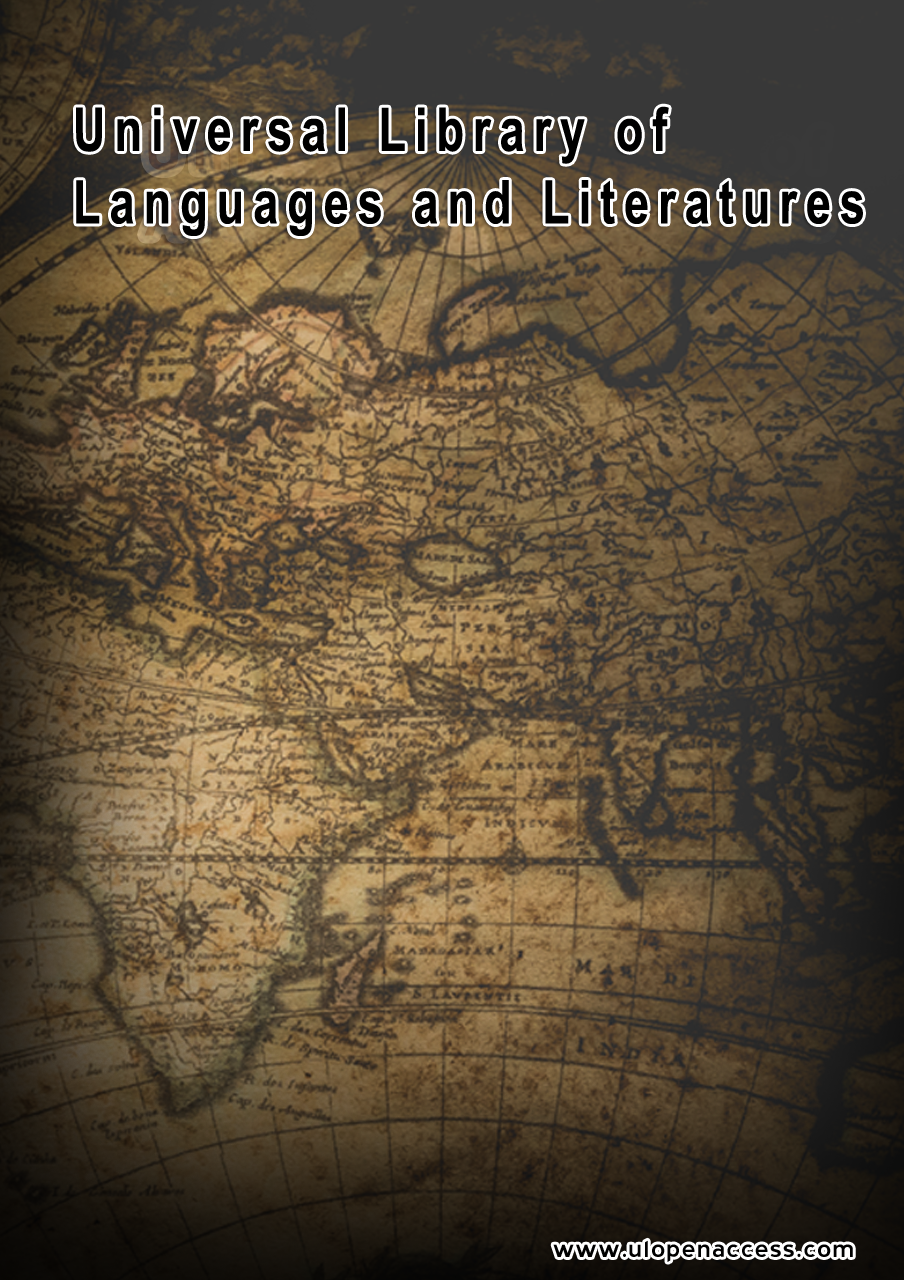Modernist and Poetic Expression in Chekhov’s DramaturgyZhang Qianyu Citation: Zhang Qianyu, "Modernist and Poetic Expression in Chekhov’s Dramaturgy", Universal Library of Languages and Literatures, Volume 02, Issue 01. Copyright: This is an open access article distributed under the Creative Commons Attribution License, which permits unrestricted use, distribution, and reproduction in any medium, provided the original work is properly cited. AbstractA luminary of Russian literature and a pioneer of critical realism, Anton Chekhov has always been celebrated as great master of drama. Throughout his life, Chekhov produced a limited yet profoundly influential corpus of drama. His major plays include Ivanov (1887), The Seagull (1896), Uncle Vanya (1897), Three Sisters (1901), The Cherry Orchard (1904), and Platonov (1907). His theatre broke from conventional dramatic aesthetics and experimented a form of modern drama. His unique life experiences provided a foundation for acute criticism embedded in his art works. Through unique and incisive language, Chekhov depicted the quotidian life of ordinary Russians, crafting characters with nuanced and typical personalities. Their mundane routines reveal an unwitting helplessness, vanity, and mediocrity, and speak about the conditions of Russian society in his times, though some traits of Chekhov’s dramatic personae can be traced back to the playwright himself. While rooted in the specific national and social context, the philosophical depth and universal spirit of Chekhov’s drama have secured their enduring impact worldwide. Keywords: Chekhov; Drama; Tradition; Modernism; Poetic. Download |
|---|

